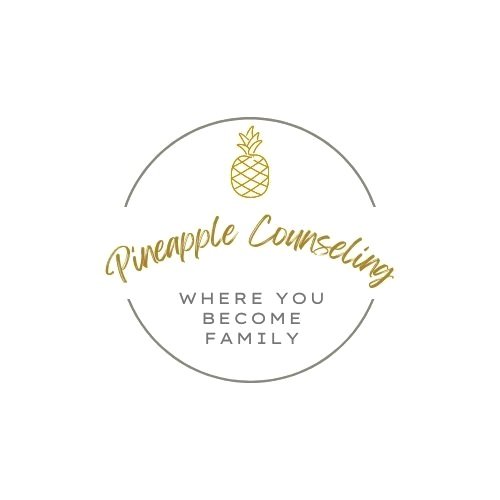Substance use treatment in Flower Mound
and Southlake, TX
Substance use treatment, also known as substance abuse treatment or addiction treatment, refers to a range of interventions and therapies aimed at helping individuals overcome their dependence on drugs or alcohol. Substance use disorders can significantly impact a person's physical health, mental well-being, relationships, and overall quality of life. Effective treatment approaches are essential in addressing these issues and promoting recovery.
Common components of substance use treatment:
Assessment: The first step in treatment involves a thorough evaluation of the individual's substance use history, overall health, mental health, and social situation. This assessment helps professionals determine the most suitable treatment plan.
Detoxification: For individuals with severe substance dependence, medical detoxification might be necessary to safely manage withdrawal symptoms. Detoxification is the process of removing the drug or alcohol from the body and often takes place in a specialized facility under medical supervision.
Inpatient/Residential Treatment: Inpatient treatment involves residing at a treatment facility for an extended period. This intensive approach provides a structured environment with 24/7 support and therapy. It is suitable for individuals with severe addictions or those at risk of relapse in their current living situation. Pineapple Counseling partners with several treatment facilities to get you the best care.
Outpatient Treatment: Outpatient programs offer therapy and support while allowing the person to live at home. They are more flexible and less restrictive than inpatient programs, making them suitable for individuals with less severe addictions and strong support systems.
Individual Counseling: One-on-one therapy sessions with a trained counselor or therapist can help individuals explore the underlying reasons for their substance use and develop coping strategies for maintaining sobriety.
Group Therapy: Group therapy involves sessions where individuals with similar substance use challenges come together to share their experiences, provide support, and learn from one another.
Medication-Assisted Treatment (MAT): For certain substance use disorders, medications can be used to reduce withdrawal symptoms, cravings, and the risk of relapse. MAT is often combined with counseling and behavioral therapies.
Cognitive-Behavioral Therapy (CBT): CBT is a common therapeutic approach that helps individuals recognize and change negative thought patterns and behaviors associated with substance use.
Family Therapy: Involving family members in the treatment process can help address family dynamics and provide a supportive environment for the person in recovery.
Aftercare and Support: Recovery is an ongoing process, and aftercare is crucial in maintaining sobriety. Support groups, continued counseling, and relapse prevention strategies are vital components of aftercare.
Remember, everyone's journey to recovery is unique, and it's essential to tailor treatment to each individual's needs. If you or someone you know is struggling with substance use, reaching out to a healthcare professional or a substance abuse treatment center is the first step towards getting help.
